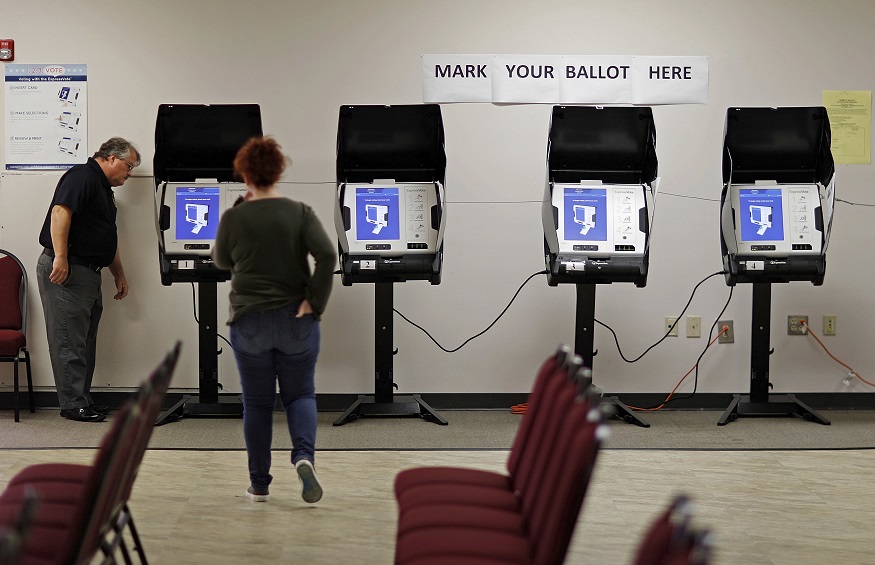Approval voting is a technique for casting a ballot to choose single victors with disciples among some democratic scholars. However, it is unworkable in closely contested polls in which electors have a stake in the result. When mindful of how the approval polling system functions, smart voters will consistently have a huge advantage over less educated electors. This issue with strategic polling far exceeds whatever other factors while assessing the government ballots’ approval polling system’s potential utilization.
Approval Voting System
Approval voting is a solitary victor casting a ballot technique that permits citizens to pick several preferred contestants. The contestant picked the most wins on the ballot. Approval Voting is regularly discussed regarding single-champ polls, yet varieties utilizing an approval style polling form can likewise be applied to “multi-winner” polls. Note that the counting cycle is frequently unique there.
Approval voting is certifiably not a reasonable strategy for polling since it is profoundly powerless against strategic voting in challenged polls. It abuses the “later-no-hurt” model, implying that support for a lesser candidate can help rout an elector’s most favored contestant. It is a framework that will work when citizens don’t comprehend the framework or have no stake in the result.
All voting techniques have certain hypothetical imperfections, yet having a pragmatic defect that unavoidably prompts strategic voting is subjectively extraordinary. Making motivators for tactical voting isn’t merely one more bothersome property. It makes a framework unworkable in decisions with dynamic missions and meaningful choices. Simply, it is unsatisfactory that citizens who vote strategically by making a solitary choice for their number one contestant will increase a preferred position over those electors who vote for more than one competitor in the way proposed by the voting guidelines.
Approval voting and varieties of it have seldom been utilized in genuinely challenged decisions because of this issue. A couple of preliminaries of the strategy affirm our scrutiny, in any case. Examples incorporate the challenging early polls of president and VP in the United States and the ascent and fall of “Bucklin voting” in various U.S. locales. Theoretical employments of approval voting additionally underscore its unworkability in seriously challenged polls.
Approval voting faces different obstacles that add to its absence of suitability. It will confront massive political resistance because of infringement of our comprehension of popular rule. For instance, with approval voting, an applicant with the first choice backing of half of the electorates in the polls can lose to a contender without a solitary first-choice supporter.
Approval voting can have esteem when in private polls and surveys. In private polls, actual non-tactical conduct is expected. Such uses are very not the same as utilizing these strategies in polls where applicants crusade forcefully and citizens care about who wins and who loses.
Conclusion
While approval voting’s infringement of the majority rule philosophy makes it difficult to win and support strategically, in any case, it isn’t in itself motivation to contradict its utilization in polls. In any event, each voting framework has one hypothetical fault that can cause the framework to appear to be unsupportable.
As valid for hypothetical blemishes related to other voting techniques, approval voting’s speculative defects are not in themselves liable to meddle with the direction of elections nor influence elector and contestant’s methodology. At the end of the day, they won’t cause a failure in the framework’s fundamental working.




